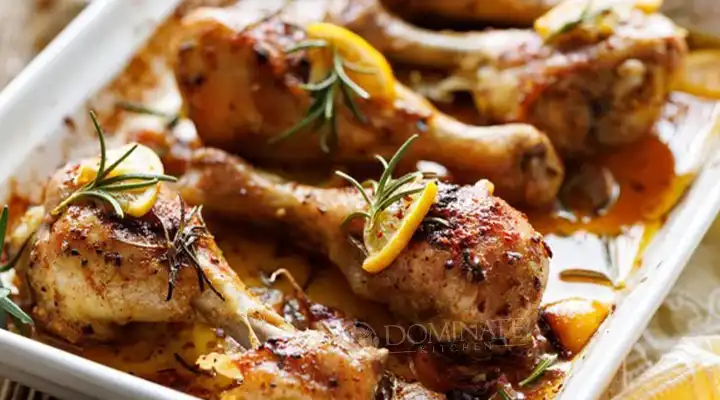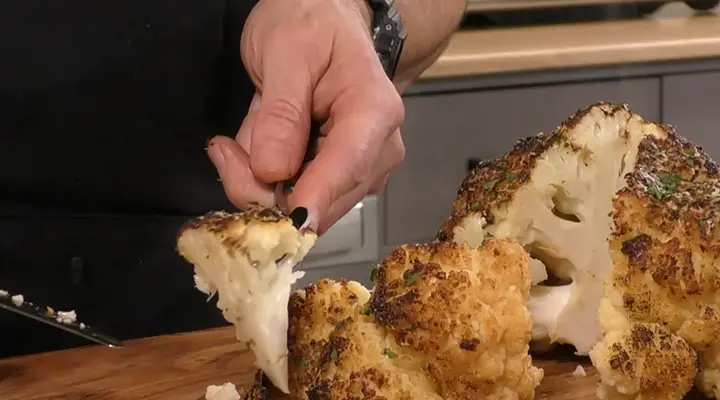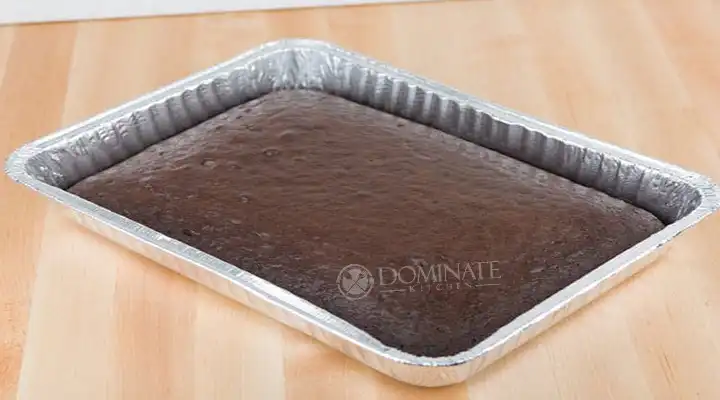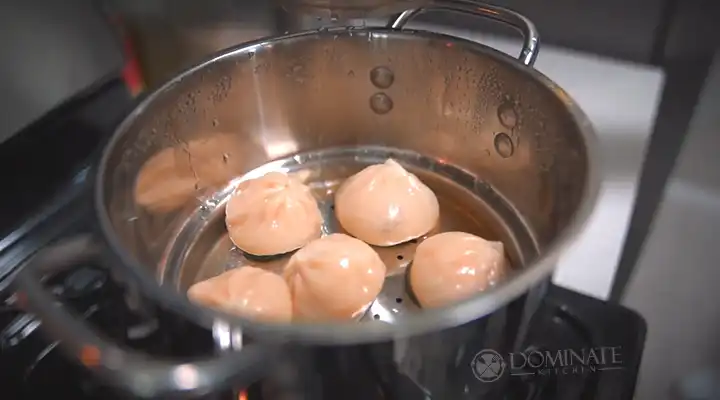How to Cook Turkey Heart? From Prep to Plate in Easy Steps
As someone who has explored the world of culinary delights, I’ve always been drawn to unique ingredients that not only challenge my cooking skills but also tickle my taste buds. One such ingredient is turkey hearts, which offer a rich and distinct flavor.
In this article, I’ll share my knowledge and experience on how to master the art of cooking turkey hearts, from choosing the best ingredients to savoring every bite.
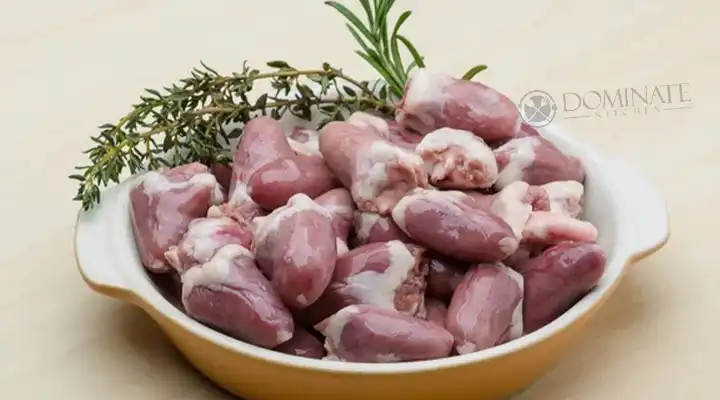
Selecting the Perfect Turkey Hearts
When venturing into the world of turkey hearts, it’s essential to start with the right ingredients. Look for fresh, plump turkey hearts that are free from blemishes, with a vibrant, reddish color. You can typically find them at your local butcher shop, poultry store, or even in the meat section of some well-stocked grocery stores.
Preparing Your Turkey Hearts
Before you dive into the culinary journey, it’s crucial to prepare your canvas, i.e., the turkey hearts:
Cleaning with Precision: Begin by gently rinsing the turkey hearts under cold water, and carefully removing any connective tissues, blood vessels, or impurities. A meticulous cleaning process ensures you enjoy the pure flavor of the hearts.
Seasoning to Perfection: With the turkey hearts cleaned and ready, it’s time to infuse them with flavor. In a bowl, season the hearts with a pinch of salt and freshly ground black pepper. For a deeper flavor profile, consider adding minced garlic, dried herbs, or a sprinkle of paprika. Let the hearts sit for a few minutes to allow the seasonings to penetrate the meat.
Sauteed Turkey Hearts
For those who appreciate the simplicity and elegance of sautéed dishes, here’s how to create a delightful sauteed turkey hearts recipe:
Heating the Pan: In a skillet or frying pan, set the stage by heating a small amount of olive oil or butter over medium-high heat. As it shimmers and sizzles, it’s time for the turkey hearts to make their entrance.
The Saute: Gently lay the seasoned turkey hearts in the pan. Let them sizzle and sear for about 2-4 minutes on each side. This creates a harmonious symphony of flavors as the hearts develop a beautiful brown crust while remaining tender within. The key here is to avoid overcooking, as turkey hearts can become tough if subjected to prolonged heat.
Check the Hearts: To determine whether your dish is ready to be served, perform a simple check. Cut one of the turkey hearts open to reveal its interior. It should be slightly pink in the center, a sign that you’ve achieved the ideal medium-rare level of doneness.
Let it Rest: Remove your sautéed turkey hearts from the pan and let them rest for a minute or two. This pause allows the flavors to mingle and intensify. Finally, serve them as an appetizer, a unique side dish, or atop a salad, pasta, or rice for a memorable culinary experience.
Alternative Cooking Methods
While sautéing is a captivating way to cook turkey hearts, there are other cooking techniques that offer unique and delicious results:
Roasting: Marinate your turkey hearts with your preferred seasonings and roast them in the oven at 375°F (190°C) for approximately 15-20 minutes or until they reach your desired level of doneness. Roasting intensifies the flavors and adds a smoky dimension to the dish.
Grilling: For a smoky and charred sensation, skewer the seasoned hearts and grill them over medium-high heat for 2-4 minutes per side. The grill infuses a subtle smokiness that complements the inherent richness of the hearts.
Appreciating the Nutritional Value
Understanding the nutritional value of turkey hearts adds to their appeal. A 3-ounce (85g) serving of cooked turkey hearts provides a balance of essential nutrients:
- Calories: Approximately 135
- Protein: A generous 23g
- Fat: A modest 4g
- Iron: Contributing 6% of the Daily Value
- Zinc: Supplying 11% of the Daily Value
- Phosphorus: Delivering 10% of the Daily Value
- Vitamin B12: Imparting a substantial 21% of the Daily Value
Turkey hearts offer a lean protein source that’s low in calories and fat while providing essential nutrients like iron, zinc, phosphorus, and vitamin B12.
Are turkey hearts safe to eat?
Yes, turkey hearts are safe to eat when handled and cooked properly. It’s crucial to ensure they reach an internal temperature of 165°F (74°C) to ensure safety.
Can I use turkey hearts in soups or stews?
Absolutely! Turkey hearts can be a delightful addition to soups and stews, adding a rich and unique flavor.
Where can I purchase turkey hearts?
You can find turkey hearts at your local butcher shop, specialty poultry stores, or well-stocked grocery stores.
Can I substitute turkey hearts with chicken hearts in recipes?
Yes, you can easily substitute turkey hearts with chicken hearts in most recipes, as they share a similar flavor and texture.
Sum Up
Mastering the art of cooking turkey hearts opens up a world of culinary possibilities. These flavorful morsels can be a delightful addition to your repertoire, whether sautéed, roasted, or grilled. With the right ingredients, proper preparation, and a dash of creativity, you can transform turkey hearts into a culinary masterpiece that delights the senses. Happy cooking!

